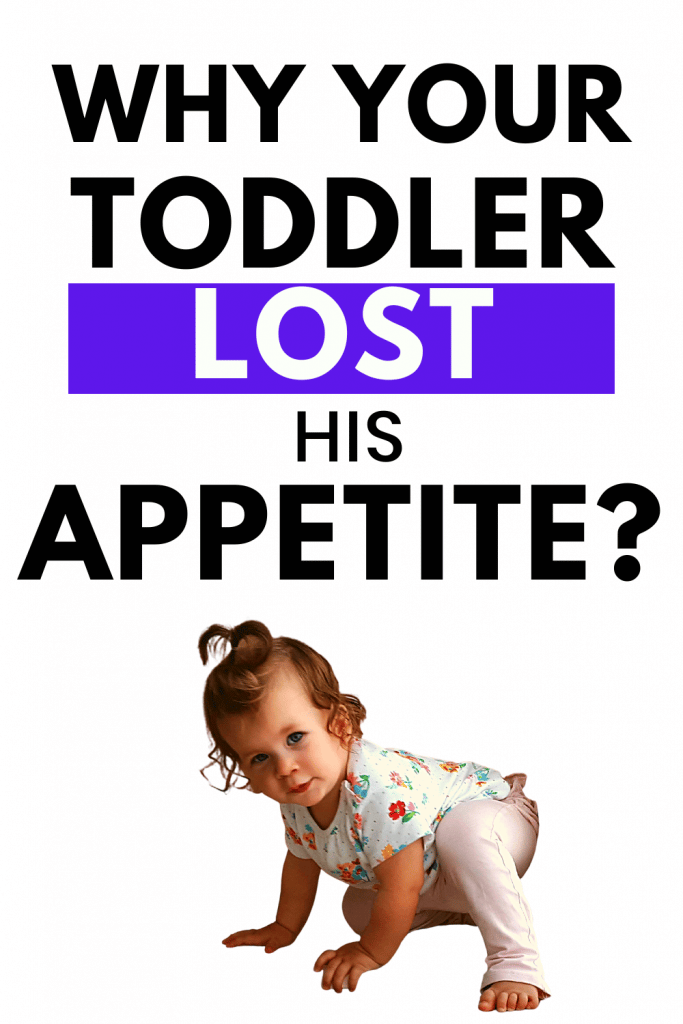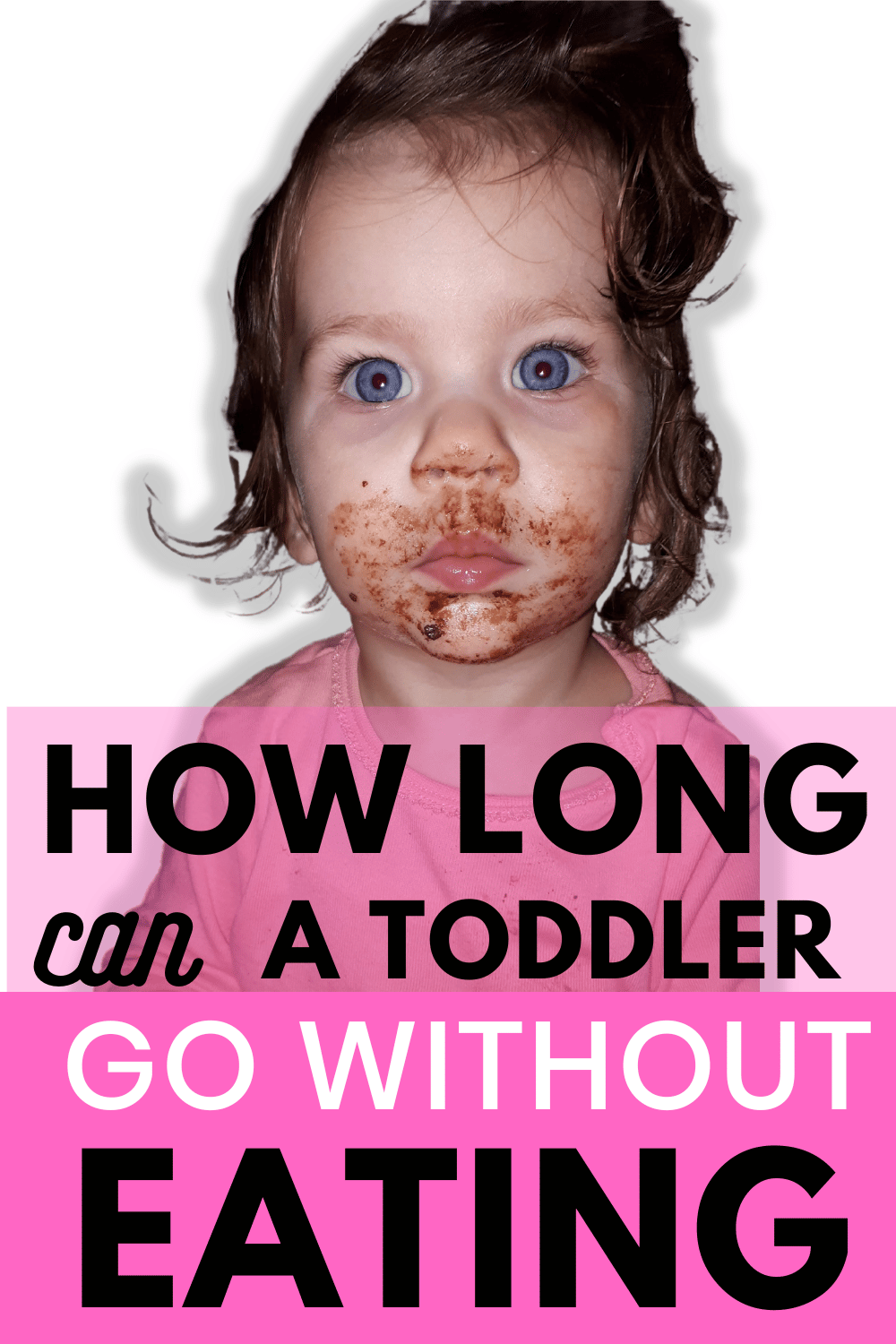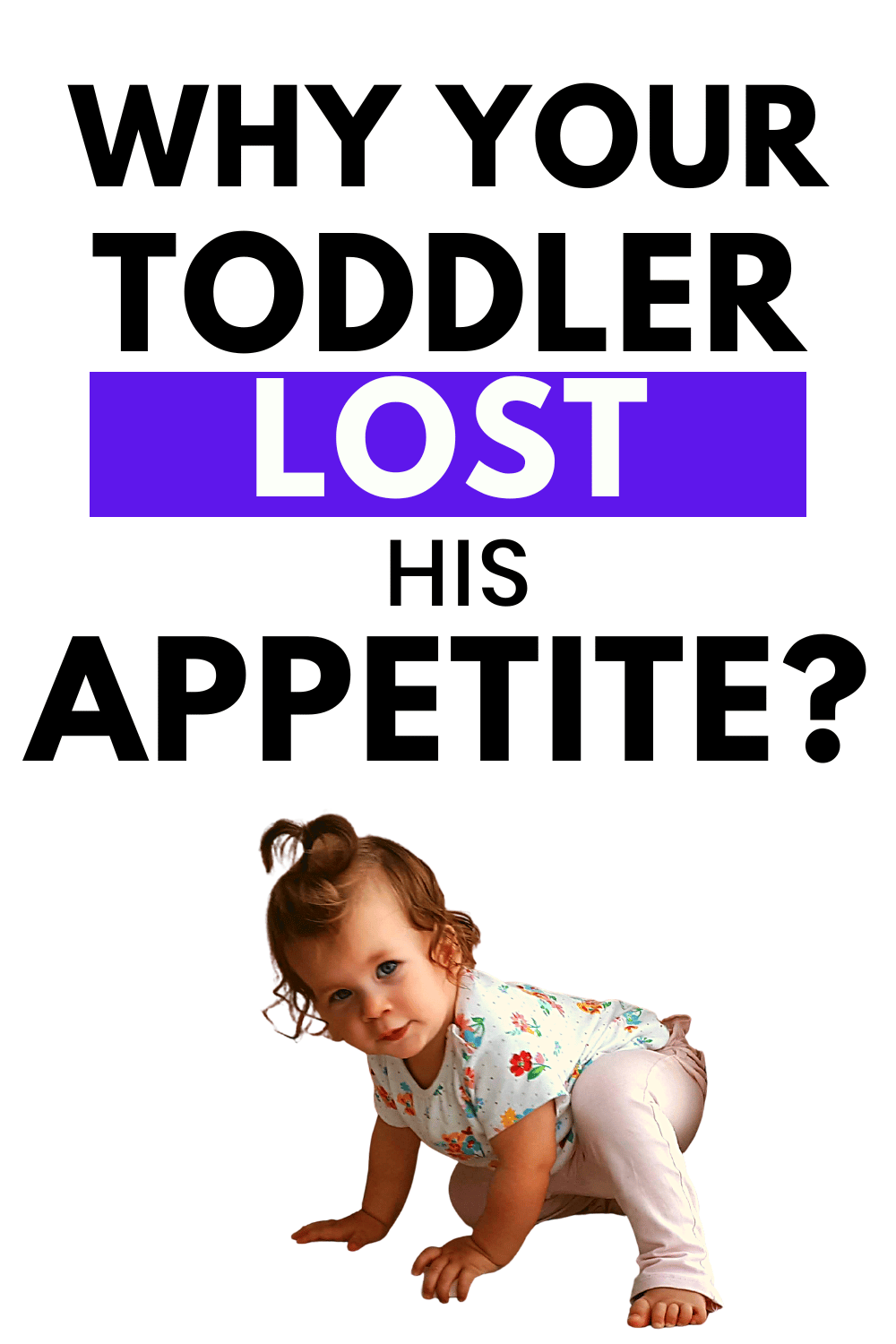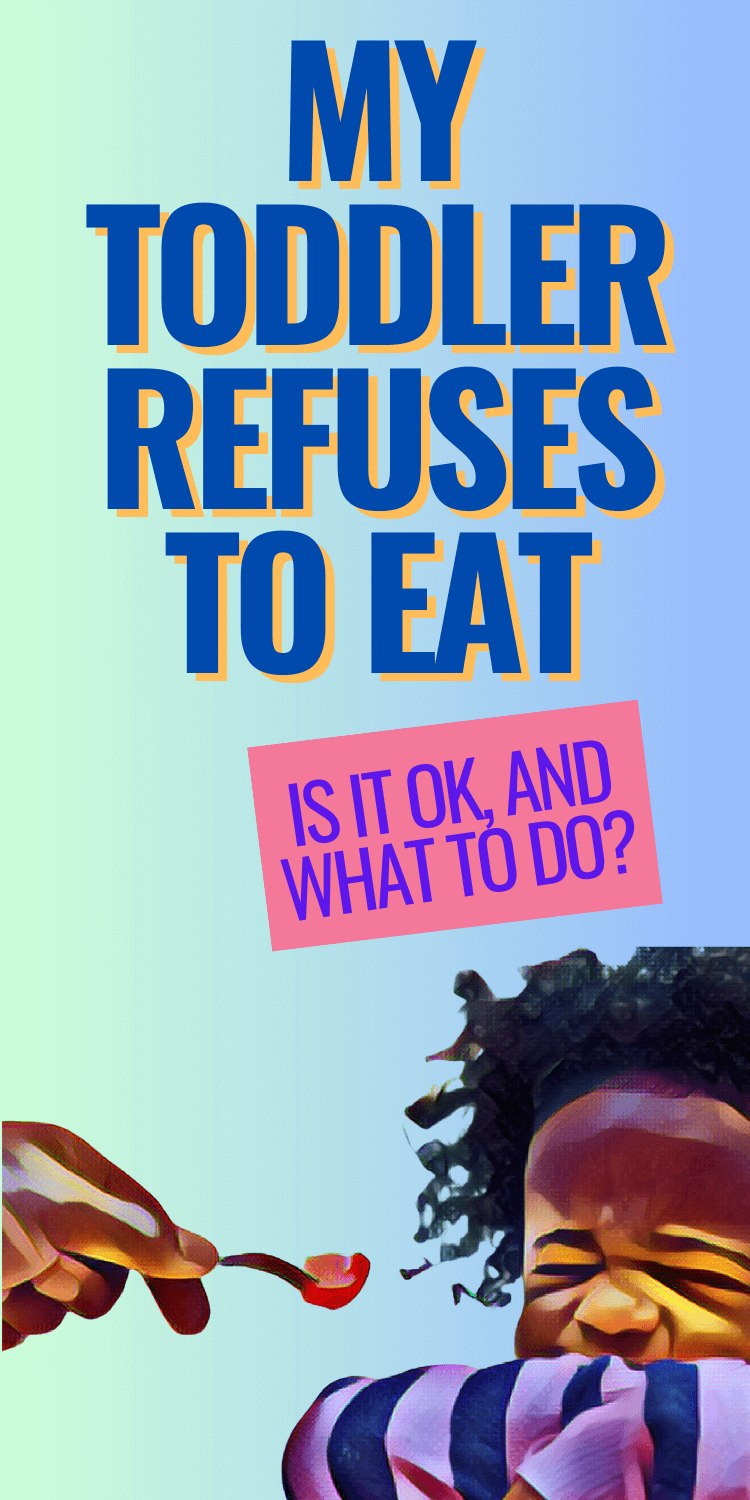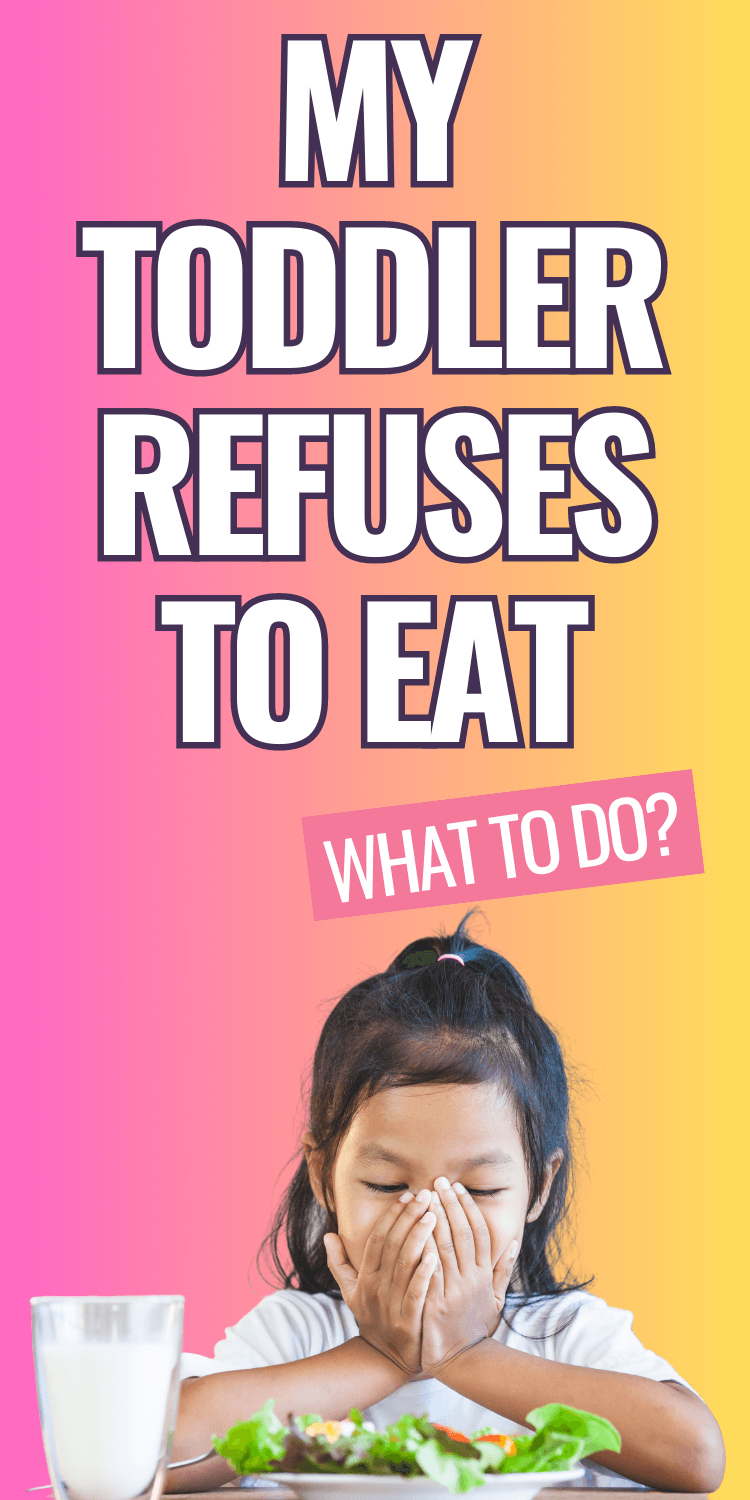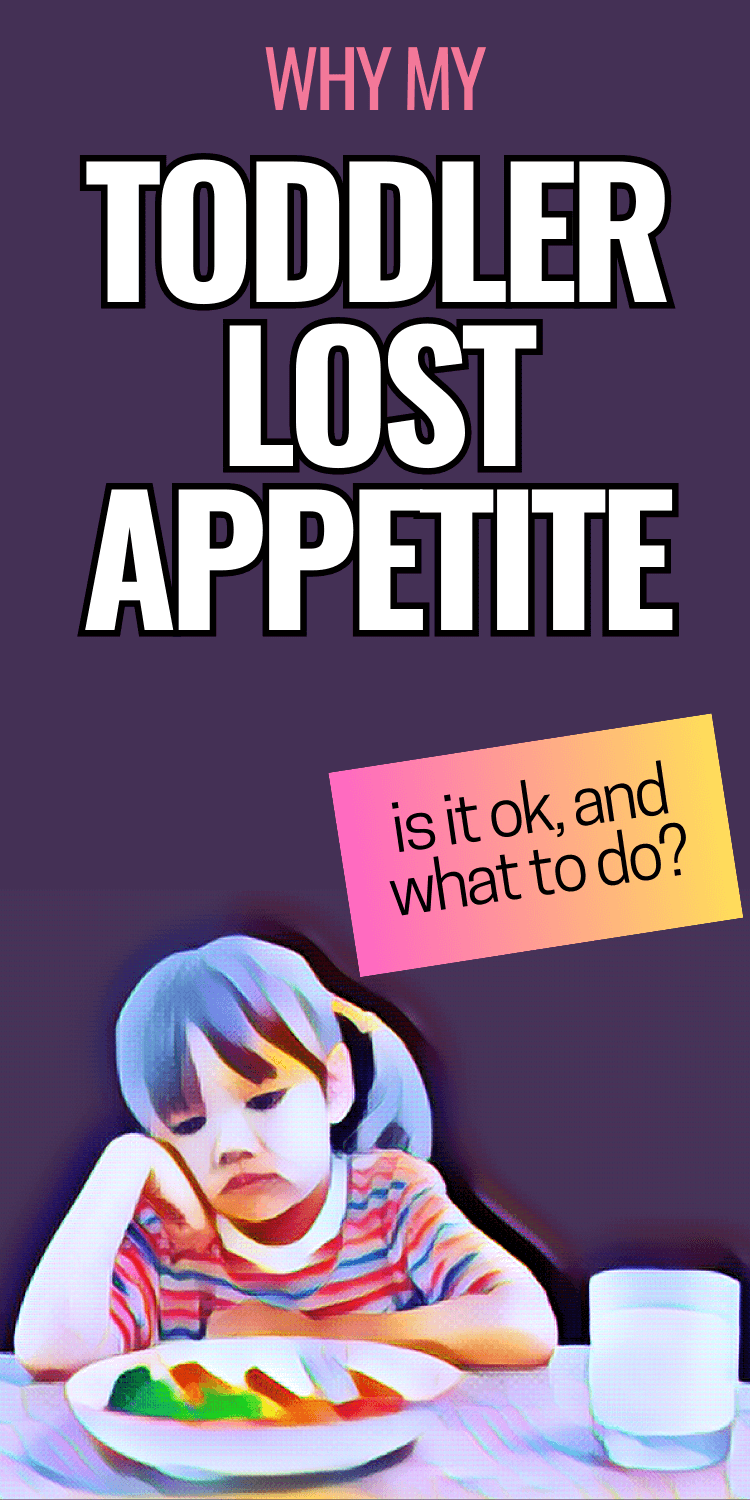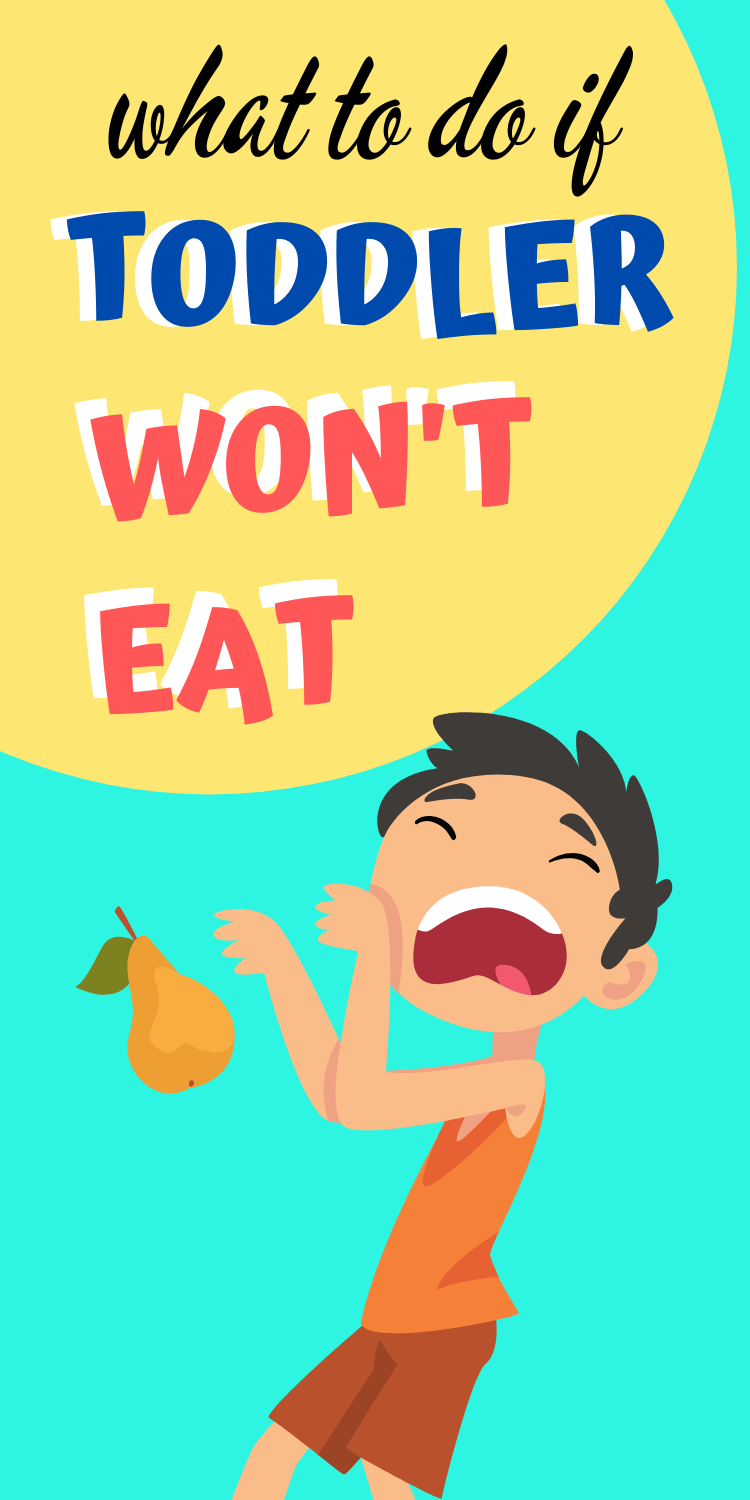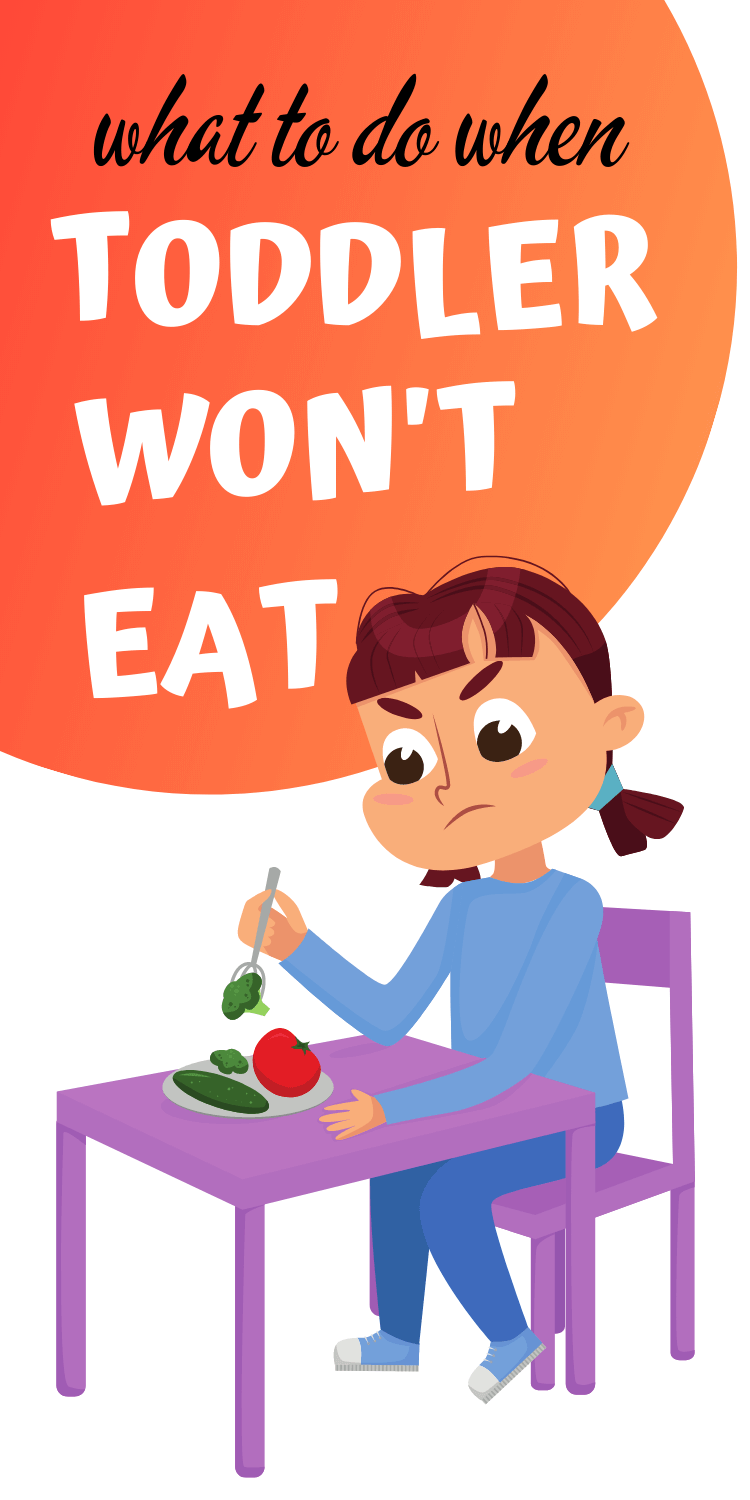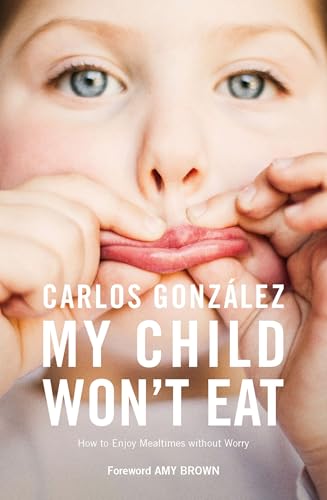Have you noticed a sudden loss of appetite in your child? Don’t worry, I’ve been in a similar situation and have gathered some important information on how long a toddler can go without eating and the reasons behind their decreased appetite.
My daughters were totally different when it came to eating. The older one is a picky eater, while the younger one was eating everything I prepared. It was a joy watching her eat. So one day she just stopped eating.
I started to wonder how long can a child go without food and did a bit of research. So here is everything you need to know about toddlers who refuse to eat, and when to start worrying.
I also did a study based on mom’s experience on the subject It will probably soothe you, and you will realize you are not alone. You will find it at the end in this article.
Let me share these relevant facts with you.

How Long Can a Toddler Go Without Eating?
So, to answer my main question, how long can a toddler go without eating? Most experts say they can go without food for three days without any consequences. That depends on the toddler’s health condition at the moment of course.
Be sure to hydrate your child regularly, and watch for the signs of dehydration. This phase of refusing food is normal and quite often in toddlers.
Make sure you are not making the situation even worse. Read on to find out more…
What Causes Loss of Appetite in Toddlers?
Between 2 and 5 years of age, most toddlers lose their appetite. The main reason for this is a slower rate of growth that`s normal and appropriate for kids’ age. As they need fewer calories, they seem to have a poorer appetite.
The appetite center in their brain leads them to how much food they need. Parents forcing a child to eat more may lead to decreased appetite in toddlers.
So, if the child looks healthy, with normal energy levels, and is growing at a regular rate, then you shouldn’t worry.
Can loss of appetite mean a growth spurt?
The end of a growth spurt often triggers a drop in appetite. So, if your toddler just outgrew his trousers in a short period, you probably had a growth spurt, and now it is time to take it slower. That is one of the possible reasons your toddler doesn’t want to eat as often.
When To Be Concerned if a Toddler Won’t Eat?
- If a toddler starts to lose weight
- Changes in behavior such as being unusually irritable, slow, or anxious
- Feeling tired – lack of energy and motivation
- Abdominal pain
- Any kind of allergic reaction related to food
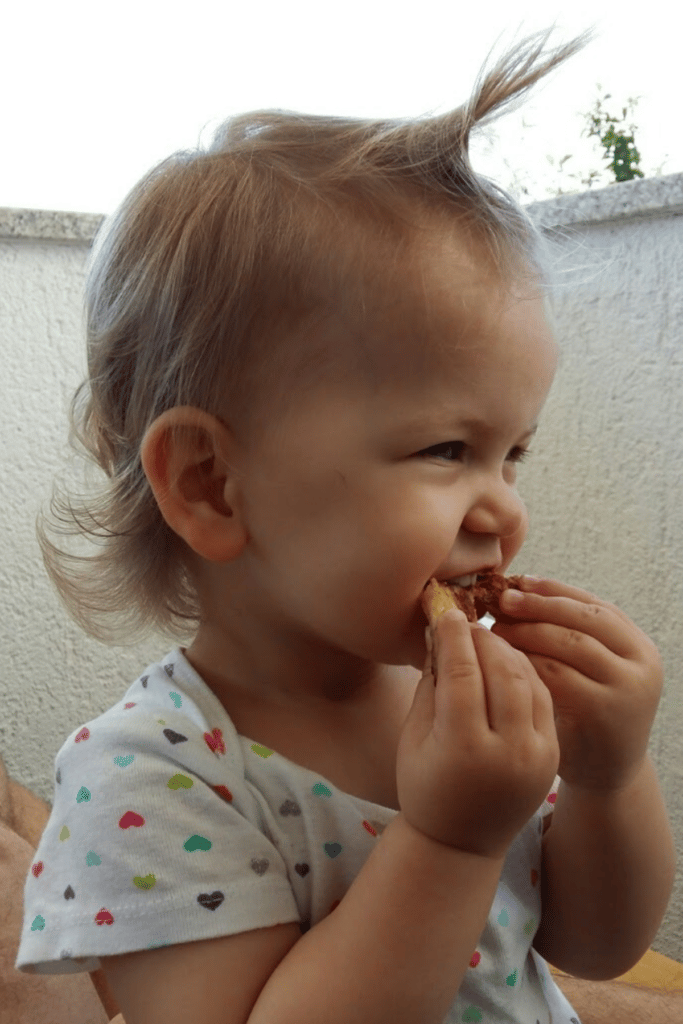
What to do When a Toddler Refuses to Eat
DO:
- Make mealtime a pleasant activity for the whole family
- Offer small portions on a bigger plate – They will have it more likely if it doesn’t seem too much for them
- Offer no more than two healthy snacks at half-time between meals
- Give your toddler a 10 – 15 minutes notice before the meal. Let them prepare for what’s coming
- Try to have all the family at the table as often as you can. Offer your child a pleasurable social experience and the opportunity to learn by imitation.
- Limit milk to less than 16 ounces a day
- Try offering a choice when you can like: Would you like rice or pasta with your chicken?
- Try to focus on your food while eating, not theirs. Kids love to do what their parents do, so if they see you enjoying your meal, they might as well. Maybe not on the first try, but they will.
- Include them in your meal prep, let them sit by you and watch you cook, and allow them to help
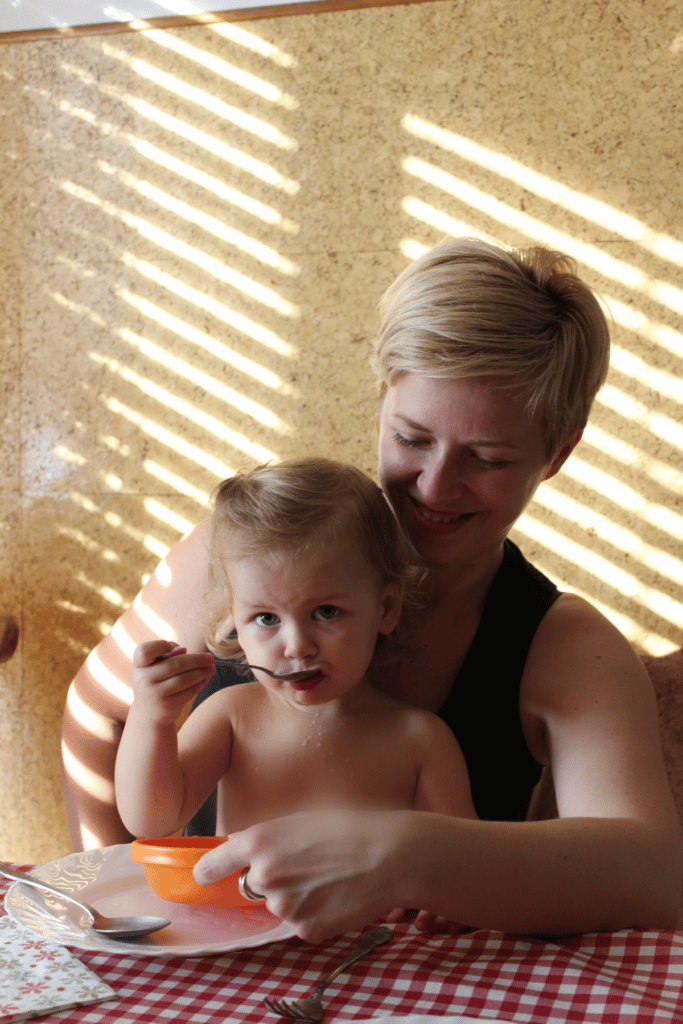
RELATED ARTICLE: Best Time to Start Potty Training – Things You Didn’t Know Of
DON’T:
- Don’t feed them, let them eat for themselves
- Avoid serving foods that he strongly dislikes
- Don’t overstuff their plate
- Don’t discuss your toddler’s lack of appetite in front of him. Try not to make a big deal out of it
- Don’t offer too many snacks between meals – they will never go really hungry that way. Go with two healthy snacks a day
- Don’t offer to drink anything but water
- Don’t force-feed your toddler – leave criticism and struggles off the table
- Don’t punish your kid by making him sit alone at the table
- Avoid any distractions from the table such as toys or tablet
- Never bribe your child into eating
- Avoid insisting on table manners, and adjust those expectations by kids’ age
Why my Toddler isn’t Gaining Weight?
Here is a great quote from Dr. Cindy Gellner, a board-certified physician specializing in pediatrics, and she said:
˝Parents are used to their babies gaining an average of 15 pounds during the first year, and between the ages of 1 and 5, the toddler in preschool years, children only gain about four to five pounds a year. So these children can go three to four months without much weight gain. They’re not growing as fast. They need fewer calories, and they seem to have a poor appetite. The phenomenon has a name. It’s called physiological anorexia.˝
You should read the entire article on why toddlers refuse to eat as much.
My sources for these facts were from these reputable sites, and you can read more on the subject: National Library of Health and Legacy Pediatrics.
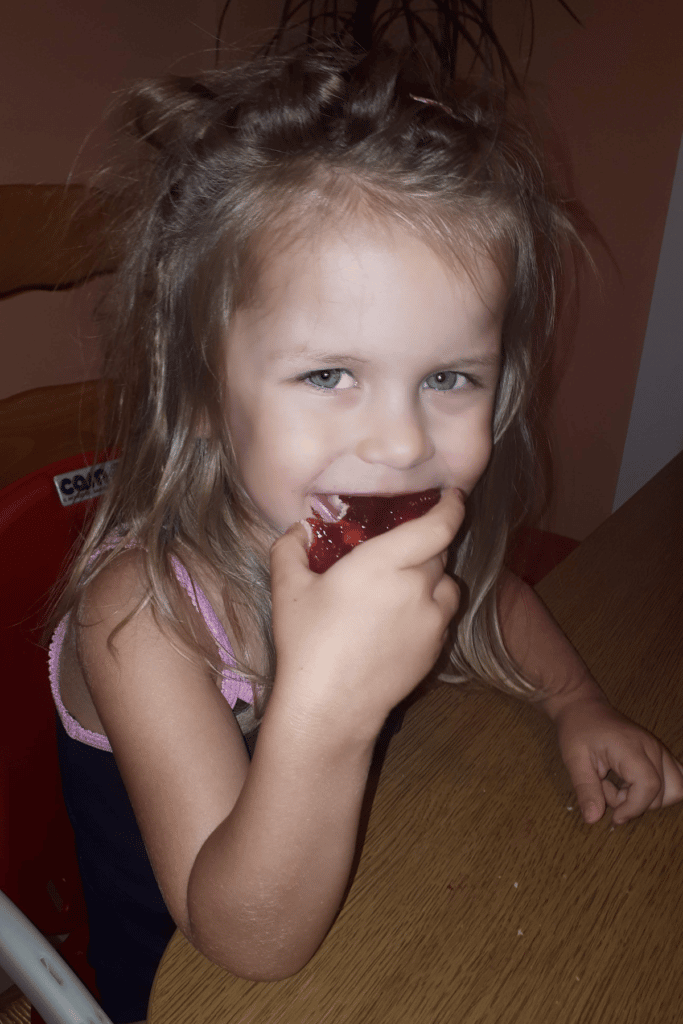
My Research on Toddlers’ Loss of Appetite
To dig deeper into toddlers WON’T EAT phase I did a bit of research and surveyed several Facebook parenting groups. I collected data from 895 moms. Now I feel quite better knowing my toddler isn’t the only one having this phase for over a month. Hope you will benefit from this research and feel calmer as I did. So here are the results:
| How Long Did Your Toddlers Loss of Appetite Phase Last? | |
|---|---|
| The loss of appetite phase lasted a few weeks | 45% |
| The loss of appetite phase lasted over a month | 23% |
| The loss of appetite phase lasted less than a week | 20% |
| My toddler never had this phase | 6% |
| Loss of appetite comes and goes | 6% |
Here are some interesting comments from moms I would like to share with you:
Usually, my toddler not eating phase lasts 1-2 weeks but he still eats.. just not a whole lot.˝
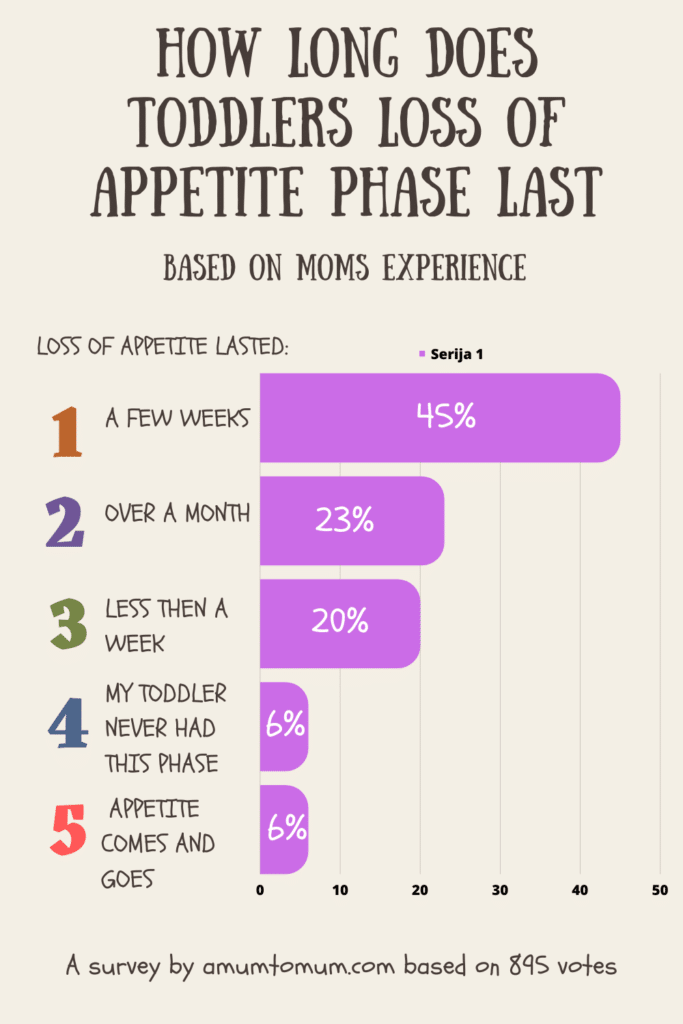
RELATED ARTICLE: Dread Your Baby’s First Day in Daycare? Don’t be
Can Picky Eating Habits Lead to Toddler’s Extended Periods of Not Eating?
Picky eating habits in toddlers can indeed lead to extended periods of not eating, causing concern for parents. However, there are tips for picky eaters that can help parents navigate this challenging phase. Offering a variety of healthy options, involving children in meal preparation, and being patient are all effective strategies for parents dealing with picky eaters.
Conclusion
As you can see, many factors affect toddlers’ loss of appetite: stressful situations, growth spurts, or just a normal reaction coming from their appetite center in the brain. We should trust our kids and let them be the boss of their feeding portions. They are doing what their body is programmed to do naturally.
Hope I clarified your question on how long can a toddler go without eating and their loss of appetite. Feel free to add your experience or knowledge you can share.
Also, to help moms with picky eaters, I have some healthy smoothie recipes I always make to sneak some veggies into everyday meal plans.
**Disclosure: This page contains affiliate links. If you choose to purchase after clicking a link, I may receive a commission at no extra cost to you.
A Book to Read
There is a great book – My Child Won’t Eat: How to Enjoy Mealtimes without Worry by Carlos González that solves many of our questions as parents.
He explains how eating problems start and how they can be avoided and reassures parents that their only job is to provide healthy food choices: trying to force a child to eat more is a recipe for disaster and can lead to tears and tantrums and even health problems in later life.
FAQ
How long can a child go without eating when sick?
It’s normal for toddlers to go through periods of decreased appetite when sick. However, a child should never be forced to eat. It’s best to keep offering healthy foods and let them eat when hungry. If a toddler goes more than 2-3 days without eating anything substantial, consult a pediatrician.
What do you feed a sick toddler who won’t eat?
When a sick toddler won’t eat, you can offer them small amounts of easy-to-digest foods like soups, yogurt, or mashed fruits. However, it’s best to consult a healthcare provider for specific recommendations.
When should I worry about my toddler not eating much?
You should worry about your toddler not eating much after he consistently refuses food or shows signs of inadequate nutrition or growth. It is recommended to consult with a healthcare professional for further guidance and support. On the other hand, if your toddler is generally healthy, growing well, and has sufficient energy, they’re likely eating enough.
How long can a 2 year old stay without meals?
It’s common for a 1-2 year old to graze, eating small amounts every 2-3 hours. Missing one meal isn’t cause for concern as long as they eat later. Toddlers have small stomachs and need to refuel more frequently than adults.
Is it normal for a sick child to not eat for 3 days?
When sick, a toddler’s appetite can fluctuate wildly. Don’t worry if they eat less while ill. Focus on keeping them hydrated. Consult a doctor if vomiting or diarrhea and loss of appetite persist over 3 days.
Cook with your kids!
Here are some interesting recipes you can make with your kids that they will eat more eagerly if they help prepare: a no sugar ice popsicles recipe, or a delicious pomegranate and beet smoothie.
Want to save this article for later?
Pin it!
